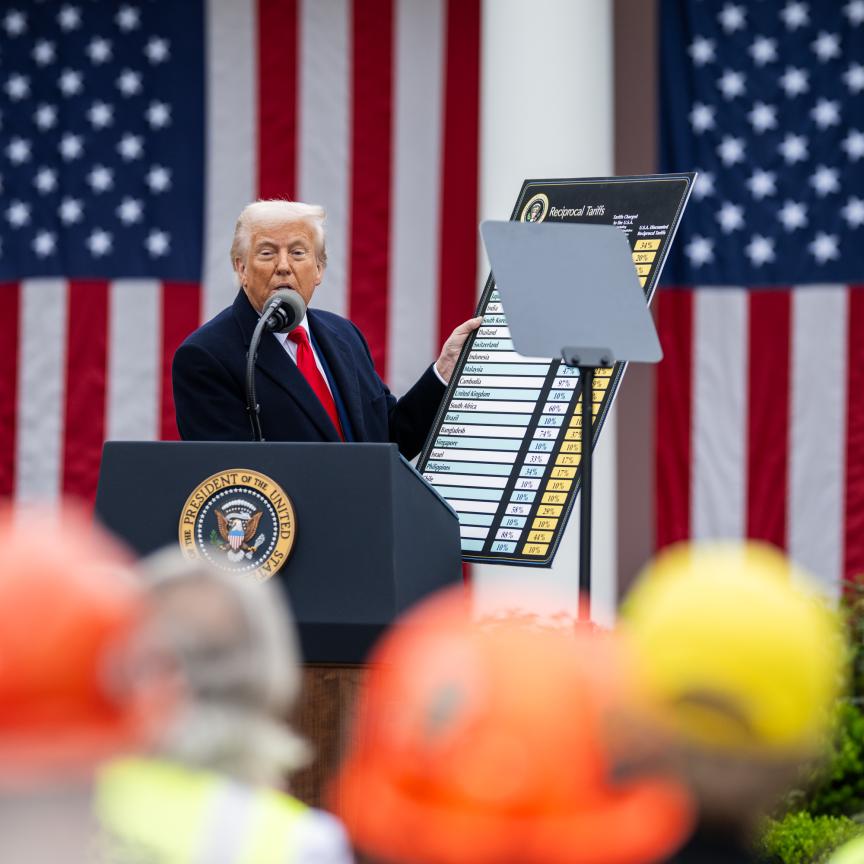The German laser institute, Laser Zentrum Hannover (LZH), has celebrated its 25th anniversary. Since it was founded in 1986, LZH has stood for qualified, interdisciplinary science with a high transfer potential.
At the 25 year celebration on 15 June, the Prime Minister of Lower Saxony, David McAllister, emphasised the role of the institute as an important cornerstone in the field of laser technology research, both in Germany and internationally.
In his speech, McAllister underlined the role the LZH plays in the economic and scientific position of Lower Saxony. In the last 25 years, the institute has been an important factor in both establishing the laser as a key technology in Hannover and Lower Saxony, and in introducing laser technology to production and manufacturing. This has been an important contribution to saving money, and to increasing both efficiency and quality. Additionally, in the past 25 years, approximately 4,000 workers and technicians, mainly coming from enterprises in Lower Saxony, have taken part in special training courses.
LZH's projects include a laser for searching for life on Mars in the Exomars mission, set for launch in 2018, and in the field of composite materials (CFRP). Intensive research is necessary to help CFRP as a material for the future become suitable for mass production.
The success of the LZH started 25 years ago with the three visionary founding fathers, and a courageous political decision. In his speech, LZH executive spokesman Professor Ertmer emphasised the special role of the founding fathers and honorary guests at the celebration, Professors Haferkamp, Tönshoff and Welling. At that time, they recognised the special chance being offered to transdisciplinary cooperation in the fields of physics and engineering. This was complemented by constantly good cooperation with the Ministry for Economics of Lower Saxony, which has supported and advised the LZH since 1986.
LZH has been involved in 18 spin-offs with 500 employees, participation in eight collaborative research centres, as well as both the excellence clusters, Quest and Rebirth. The key to the success of the LZH are, according to quantum optician Ertmer, not only the transdisciplinary approach, but also the outstanding academic environment in Hannover and Lower Saxony, highly motivated and competent staff, and excellent institute infrastructure and equipment, for which he thanked the government of Lower Saxony.
In the future, the main areas of research of the LZH will be in areas of global challenges such as energy, security, mobility, communications and life sciences. About 300 guests from throughout the country were present at the LZH birthday celebration.

